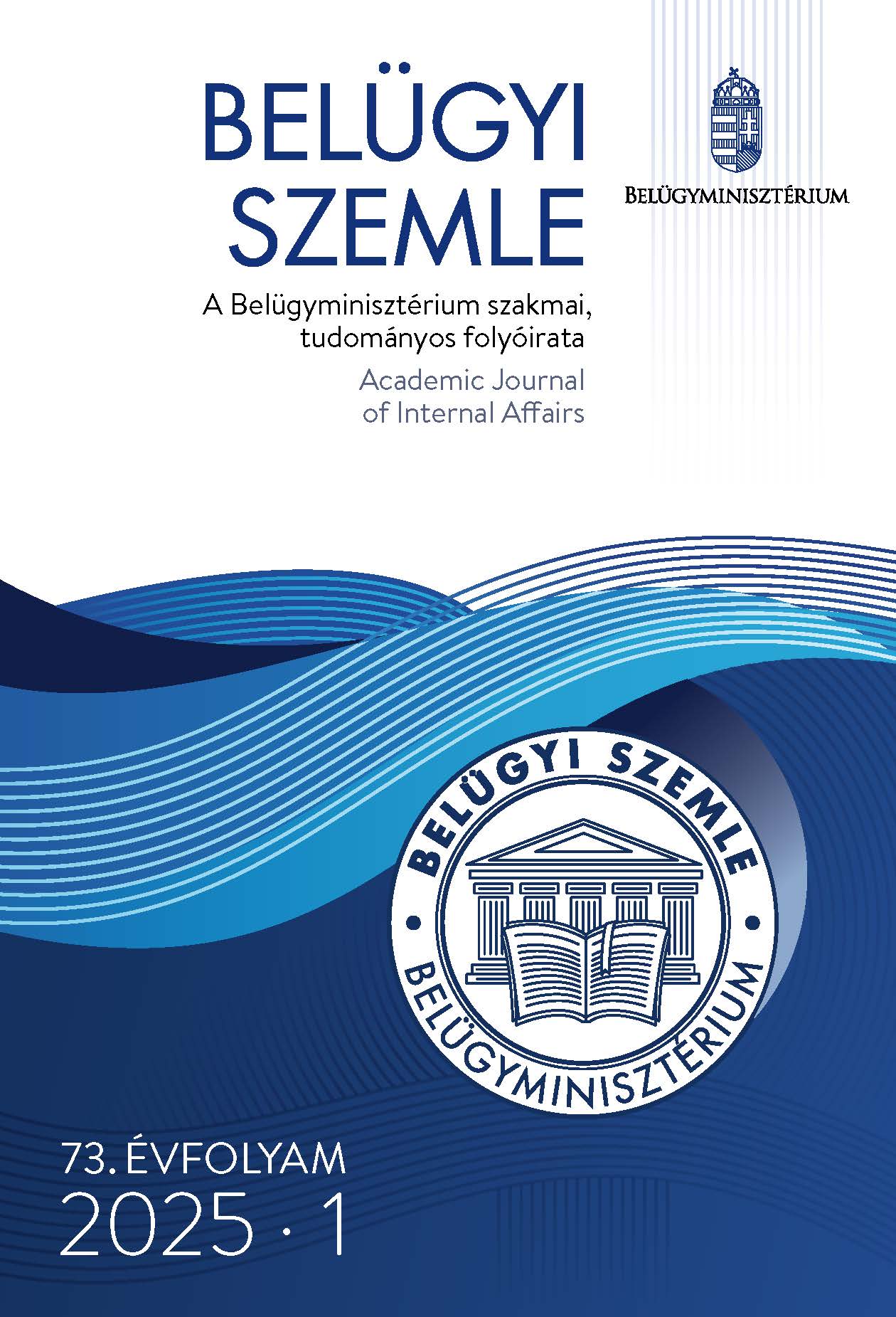Abstract
Aim: The purpose of this paper is to raise awareness of talent management as an important segment of human resource management, which is not untouched by the everyday life of organisations with hierarchical structures. Dealing with talent and paying close attention to it is not only important for the talent, it should also be important for the employer.
Methodology. The questionnaire was completed voluntarily, and the data was collected anonymously. The confirmation or rejection of the hypotheses formulated in relation to the research objective was typically examined along the lines of the responses to single or multiple-choice questions. After aggregation of the results obtained on a computer, the data were evaluated and analysed by means of statistical calculations.
Findings: The empirical survey results show an almost equal proportion of respondents who know the term talent management 55% and those who have not heard of it 45%. Among those who have heard of the term, 31% do not know the exact meaning of the word, only 24% of the sample know both the term and its content. Around 14% of respondents are aware that talent management exists within their organisation, with 18% clearly stating that there is no such development direction in their current workplace. 67% of respondents were not aware of talent management in their own workplace. More than half of the sample, 51%, believe that talent management is important and 37% consider this segment of human resources very important. 12% think that it is not important whether or not outstanding employees are managed within the organisation.
Value: The most important value of the study is the real employee feedback received during the empirical research and the insight into how talent management is implemented in the workplace of the survey participants. Talented employees are a complex challenge for human resource management. Following their often outstanding performance in job interviews, the real challenge for employers is to retain this talent.
References
Armstrong, M. & Taylor, S. (2014). Armstrong’s handbook of human resource management practice (13. kiadás). Kogan Page.
Bachmann-Matisa, J. (2022). Piaci szervezetek képzés-fejlesztési gyakorlata. Tudásmenedzsment, 23(2), 56–67. https://doi.org/10.15170/TM.2022.23.2.5
Balogh G. (2021). Tehetséggondozás, -menedzsment, -áramlás. Pécsi Tudományegyetem Közgazdaságtudományi Kar.
Balogh M. (2022). Szakmai, módszertani fejlesztéseken belül kutatási, pilot eljárási és tanulmányírási feladatok elvégzése. Javaslattételi tanulmány.
Balogh M. (2024). Munkahelyi képzésekről való vélekedés egy empirikus kutatás eredményeinek tükrében. Belügyi Szemle, 72(4), 657–683. https://doi.org/10.38146/BSZ-AJIA.2024.v72.i4.pp657-683
Bőgel Gy. & Tomka J. (2010). Tudás és tehetség. CEO Magazin, 11(3), 27–28.
Fehér I. & Lappints Á. (2002). Pedagógiai fogalomtár. Comenius Bt.
Fodor Sz. & Olajos T. (2021). Az új rendvédelmi tehetségmenedzsment-rendszer tudományos megalapozása II. A munkahelyi tehetségmenedzsment pszichológiai alapjai. Belügyi Szemle, 69(8), 1449–1468. https://doi.org/10.38146/BSZ.2021.8.8
Gyarmathy É. (2012). A tehetség háttere és gondozásának gyakorlata. ELTE Eötvös Kiadó.
Heinen, J. S. & O’Neill, C. (2004). Managing talent to maximize performance. Employment Relations Today, 31(2), 67–82. https://doi.org/10.1002/ert.20018
Holbeche, L. (2009). Aligning human resources and business strategy (2. kiadás). Butterworth-Heinemann. https://doi.org/10.4324/9780080941424
Klajkó D., Kázmér-Mayer Sz., Fejes N., Csapó Gy., Bakurecz B., & Czibor A. (2021). Tehetség a munkahelyen 2. A tehetségmenedzsment gyakorlati szempontjai. Magyar Pszichológiai Szemle, 76(2), 455–476. https://doi.org/10.1556/0016.2021.00011
Konczosné Szombathelyi M. (2012). Tehetségmenedzsment, avagy a HR felelőssége. In Róbert P. (Szerk.), Gazdaság és morál: Tiszta társadalom, tiszta gazdaság (pp. 1–11). Széchenyi István Egyetem.
Malét-Szabó E. (2017). A KOMP rendszer, mint a jövőtudatos humánerőforrás gazdálkodásának egyik hatékony eszköze. KÖFOP-2.1.5-VEKOP-2016 A3 KKTKR alprojekt szakmai előadás anyaga.
Pusztai F. (2021). Magyar értelmező kéziszótár + NET. Akadémiai Kiadó Zrt.
Renzulli, J. S. (2021). The enrichment triad model: A guide for developing defensible programs for the gifted and talented. In Renzulli, J. S. & Reis, S. M. (Eds.), The schoolwide enrichment model: A how-to guide for talent development (3rd ed., pp. 423–456). Routledge. https://doi.org/10.4324/9781003238904
Rókusfalvy, P. (2002). A vezetés lélektana. MR Komplex Nyomdaipari Bt.
Tóth, L. (2000). Pszichológia a tanításban. Pedellus Tankönyvkiadó Kft.

This work is licensed under a Creative Commons Attribution-NonCommercial-NoDerivatives 4.0 International License.
Copyright (c) 2025 Academic Journal of Internal Affairs
